Academics
-
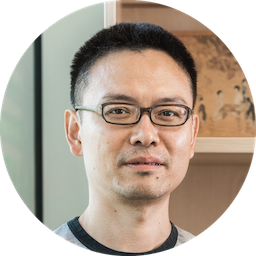
Gary Zhang is a computer scientist and Professor of Computational Imaging. He also directs the UCL EPSRC Centre for Doctoral Training in Intelligent, Integrated Imaging in Healthcare (i4health).
-
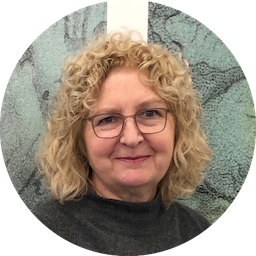
Margaret Hall-Craggs is a consultant radiologist and Professor of Medical Imaging with a particular interest in magnetic resonance imaging. She is a fellow and silver medal winner of the International Society for Magnetic Resonance in Medicine (ISMRM).
-

Tim Bray is an NIHR Clinical Lecturer and honorary consultant radiologist using computational techniques for quantitative MRI. He is a junior fellow of the International Society for Magnetic Resonance in Medicine (ISMRM).
Post-doctoral researchers
-
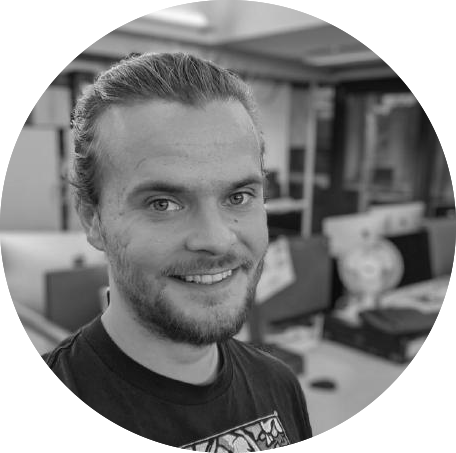
Leevi Kerkelä is on an NIH-funded project that aims to map heterogeneity of brain microstructural abnormalities in psychiatric disorders with normative modelling.
-

Antoine Legouhy is interested in: brain morphology, registration, atlasing (then); deep-learning registration, geometric distortion correction (now).
-

Christopher Parker develops and applies models of brain microstructure to evaluate and stage neurodegenerative disease.
PhD students
-
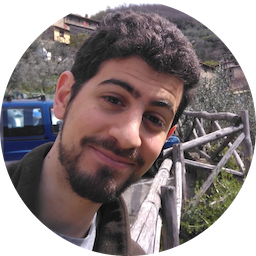
Cosimo Campo uses machine learning to improve the quality of clinical MRI scans for deep brain stimulation.
-
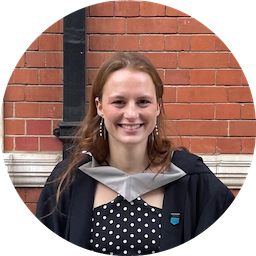
Louise Baron develops deep generative models to synthesise PET from multimodal MRI for Alzheimer’s disease.
-

Giulio Minore develops deep learning-enabled quantitative MRI tools to characterise inflammation.
-
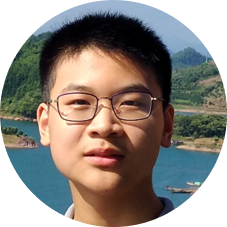
Tianqi Wu applies machine learning methods to the MRI quality control problem.
-
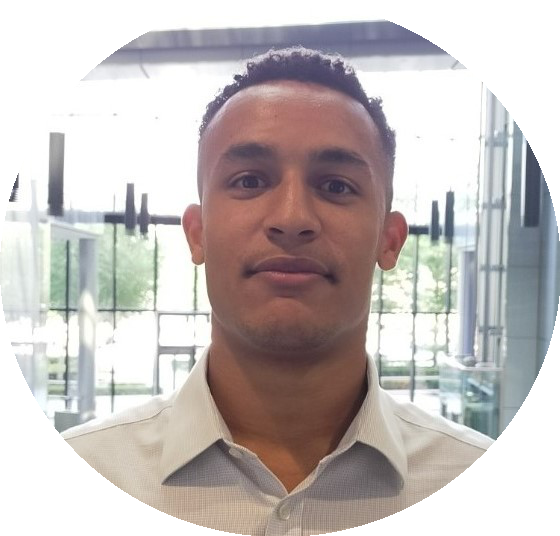
Aaron Sinclair utilises deep learning for white matter hyperintensity segmentation on MR images.
-
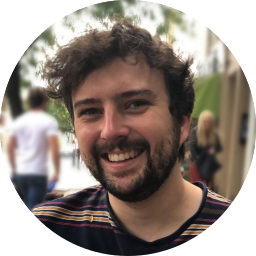
Alistair Lamb applies statistics and deep learning to quantitative Whole-Body MRI.
Alumni
-

Tobias (Toby) Goodwin-Allcock is currently a Postdoctoral researcher at Ohio State University. Toby recently completed his PhD at CIG. As part of his PhD work, he developed machine learning networks to improve diffusion MRI parameter estimation.
-

Sean Epstein currently works at EFG Asset Management (UK) Ltd. Sean recently completed his PhD at CIG. As part of his PhD work, he developed and validated task-driven assessment of quantitative MRI protocols. He also developed a novel strategy for quantitative MRI parameter estimation using deep learning.
-
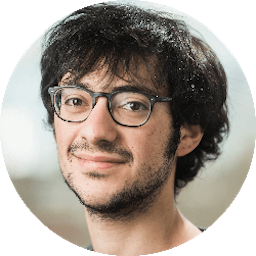
Michele Guerreri is currently a Medical Imaging and AI scientist at Università di Brescia. Michele was first a visiting PhD student at CIG from Sapienza Università di Roma. After completing his PhD, he rejoined CIG as a Postdoctoral researcher funded by the MEMODYN project. Later he was an UKRI-funded Innovation Scholar seconded to AInostics. He developed the Revised NODDI model and applied it to quantify learning-induced brain plasticity. He also proposed a novel Data Quality Transfer strategy for resolving model degeneracy in quantitative MRI parameter estimation using deep learning.
-
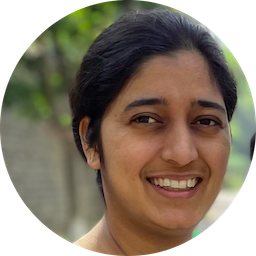
Prabhjot Kaur is currently a Postdoctoral researcher at Boston Children's Hospital. At CIG, she was a Postdoctoral researcher developing machine learning methods to assess and improve the quality of medical images.
-

Ting Gong is currently a Postdoctoral researcher at Athinoula A. Martinos Center for Biomedical Imaging, Massachusetts General Hospital. When she was at CIG, she was first a visiting PhD student, then a Postdoctoral researcher, interested in developing microstructure imaging methods with MRI and machine learning.
-

Marco Palombo is currently UKRI Future Leaders Fellow and Senior Lecturer in microstructure imaging at Cardiff University. During his time as a Postdoctoral researcher at CIG, he pioneered a range of cutting-edge tools for studying gray matter microstructure with MRI, such as the SANDI model.
-
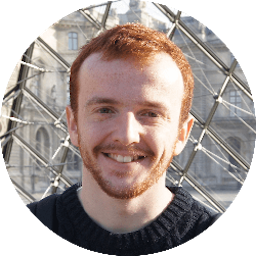
Ross Callaghan is currently a research engineer at Ainostics. As part of his PhD work at CIG, he created ConFiG, a tool to generate realistic white matter digital phantoms for diffusion MRI simulation.
-

Mark Graham is currently a Postdoctoral researcher at King's College London. As part of his PhD work at CIG, he developed DW-POSSUM, a tool to simulate realistic diffusion-weighted MRI data.
-

Diliana Pecheva is currently a research scientist at University of California, San Diego. As part of her PhD work at CIG, she applied advanced diffusion MRI techniques to study the developing brain.
-
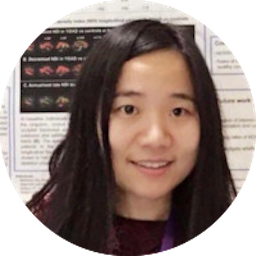
Jiaying Zhang is currently a Lecturer at Beijing University of Posts and Telecommunications. As part of her PhD work at CIG, she applied the NODDI model to study neurodegenerative diseases, such as Huntington's and Alzheimer's diseases.
-

Maira Tariq is currently a Postdoctoral researcher at Institute of Cancer Research. As part of her PhD work at CIG, she developed the Bingham-NODDI model.
-

Aurobrata Ghosh is currently head of AI at Floy. During his time at UCL, he was a Postdoctoral researcher funded by an EPSRC-funded project, developing novel biophysical models of diffusion MRI for brain connectivity mapping</a>.